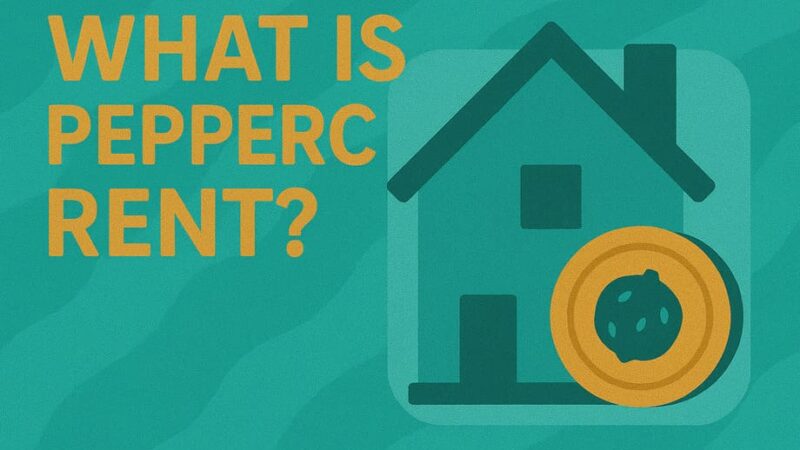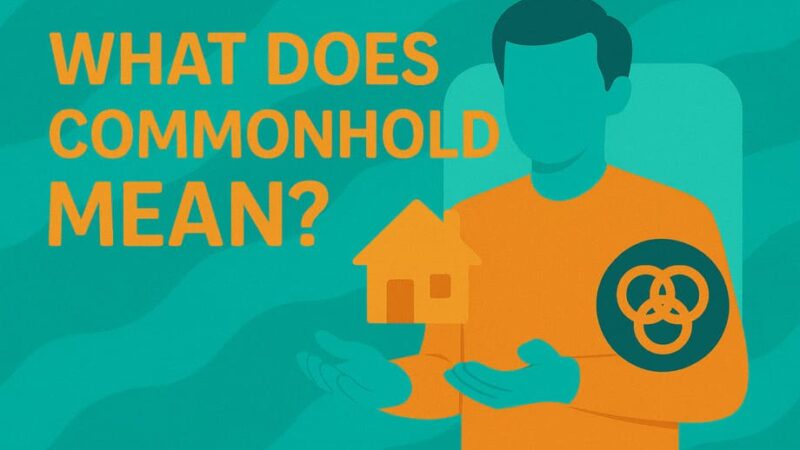How to Sell Your House When Splitting Up

Divorce or separation is a painful and difficult time with plenty of hard decisions to make. One of these is what to do about the home you’ve been living in together.
If you own the property jointly, your main options are for one of you to buy the other out, to sell up and split the proceeds for a clean break, to transfer some of the value in the family home to one party, or to keep the property and rent it out. Inevitably, it’s stressful, but you can make it easier by understanding the process.
To help you decide how or when to sell your property, we have set out these tips. Read on for what you need to know about selling your home if you divorce or separate in the UK.
Tips For Selling Your Home When Splitting Up
Before you dive into the process, here are three important tips to help you get started and set you off on the right track:
1. Get Qualified Legal Advice
This article is an overview of how to sell a house when splitting up. Everyone’s situation is different, some more complicated than others, so always get the right legal advice from a solicitor experienced in family law. That said, if you can agree a way forward amicably between you, this may save you money and stress.
2. Consider Selling Before You Divorce
When you divorce, all of your assets will be identified and valued as part of the process of working out a settlement – your family home included. If you are married, this is regardless of whose name the property is in and, in England and Wales, there is no set formula for making this calculation.
Selling the matrimonial home before you divorce can make this process simpler, if you both agree on this without going to court and have a place to move to.
3. Register Your Interest In The Property
If you are still living in the property, and it is not in your name, contact HM Land Registry to register a Notice of Home Rights. This will mean your partner can’t sell the property without alerting you.
Divorce And Selling Your House – What Are The Options?
There are several ways to sell a house when splitting up, whether you’re selling the marital property or one partner plans to keep it.
1. Buying a Partner’s Share Outright
One partner can buy the other’s share of the home, and take on their share of the mortgage too. This can be expensive but avoids further upheaval for families with children. The buying partner will need to remortgage in their sole name and may need to pay Stamp Duty on the transfer.
2. Sell the Property to Someone Else and Split the Profit
Selling up and releasing the equity is often considered the cleanest way to break ties (though children will have two new homes to settle into). The proceeds are typically split according to contributions and court orders.
3. Keep the Property and Rent It Out
Both partners retain ownership but rent the property to tenants. This can provide ongoing income but requires agreement on management responsibilities and may have Capital Gains Tax implications when eventually sold.
4. Transfer Some/All of the Property to a Partner as Part of a Financial Settlement
If you’re married or in a civil partnership but just one partner owns the house, their partner is typically entitled to a portion of the house value under matrimonial property laws. Seek specialist advice on your situation.
How Does The Type of Ownership Affect Your Options?
Check your title deeds to clarify, as your type of ownership will affect how you deal with the house when you split.
Joint tenancy – If both partners own the entire property together, you are joint tenants. This includes automatic rights of survivorship.
Tenants in common – Partners who each own a designated percentage of the property’s value are tenants in common. This can be an even split, or greater and smaller proportions.
Sole ownership – One partner is the legal owner. However, for married couples, the home is usually considered matrimonial property and the other partner can register home rights with HM Land Registry.
Tips on the Sales Process When Getting Divorced
1. Getting Your Home Ready For Sale
Selling a home can cause anxiety at the best of times, but during a divorce or separation the stress can be ramped up even more. Whatever your situation, you need to achieve the best price possible for your home, and probably hope to sell your house quickly too.
This means presenting it well for sale. To stage your property, you need to declutter and depersonalise – tricky if you’re wrangling over who gets what. To speed things up, consider putting excess belongings and furniture into storage while the sale goes through.
2. Showing People Round
Avoid mentioning your divorce to potential property buyers, if possible – allowing your estate agent to conduct viewings can help with this. A minority of people might find moving into a place where the owners have divorced a bad omen, while others might have more practical concerns.
If you and your partner are both looking to buy another property, the chain will be more complex, putting some buyers off.
Frequently Asked Questions
What If One Of You Wants To Stay In The Property?
You don’t necessarily need to sell the house, if one partner can buy the other out or afford to take on the mortgage payments. Other options to consider, or which the courts can impose, include one party paying part of the value of the home over to the other, in exchange for a bigger stake in the property.
The court may also make a Mesher Order, allowing one party to remain in the home until the children reach 18 or finish education, after which the property must be sold.
Who Gets The House In A Divorce With Children?
If you have children settled in the home and at school locally, but neither of you can afford to buy the other out, you can allow one party to remain in the home while the other party retains their share in the property’s ownership – until the children reach 18 or one of you remarries, for example.
The court’s primary consideration is always the welfare of any children under 18.
How Does It Work If You Have A Joint Mortgage?
Where there’s a mortgage on the property, contact your mortgage lender as soon as possible. Some people decide to keep paying the mortgage jointly, even though only one party is living in the property, but this could create difficulties.
Both of your credit scores can be affected if one of you doesn’t meet the payments. Being named on a mortgage, even if you don’t live in the home, could also affect your chances of being granted a loan if you want to buy another property.
Does Length Of Marriage Affect How The Property Is Divided?
If the splitting of your assets is decided in court, the length of your marriage is usually a factor. Where one spouse relies on the other’s income in a long-term marriage, the court may decide their earning potential was affected by staying at home looking after children or working fewer hours. They will consider the welfare of the children and standard of living after divorce.
How To Avoid Selling The House In Divorce?
One partner can buy the other’s portion, you can defer the house sale while one partner continues to live in the family home with a Mesher Order, or choose to rent it out jointly.
Do I Have to Sell My House In a Divorce?
It’s down to your circumstances, but court orders can instruct you to sell if there’s a disagreement or to release shared capital for fair division between the parties.
Can I Sell My House Before Divorce?
You can if you’re in agreement, but conflict can disrupt the sales process. Both parties must consent to the sale if jointly owned.
Can I Sell My House During Divorce?
Sometimes, but not always. If your spouse has registered matrimonial home rights, you cannot sell until these are removed or the court gives permission.
Can You Get Divorced Before Selling The House?
Many couples choose to, by getting a market valuation from a RICS surveyor or a report from local estate agents to establish the property’s value for the financial settlement.
Can You Buy Someone Out Of A House In Divorce?
You can buy your partner’s share of the home – but make sure it’s done officially through a Transfer of Equity. Consider using a mortgage broker to access suitable remortgage deals, and be aware that Stamp Duty Land Tax may be payable.
How To Split A House In Divorce?
The house value is usually split according to factors including agreements made at the time of purchase, length of marriage, financial contributions, and whether children are involved. The court considers all circumstances to reach a fair outcome.
Am I Entitled To Half The House In Divorce?
You’re not guaranteed half of the marital home’s value in the UK. The court considers various factors under Section 25 of the Matrimonial Causes Act 1973, though it may be the case in marriages of substantial duration where resources permit.
Understanding UK Tax Implications
Capital Gains Tax
If the property has been your main residence, you may qualify for Principal Private Residence Relief and avoid Capital Gains Tax. However, this relief is only available to one person after divorce, so timing can be important.
Stamp Duty Land Tax
When one spouse buys out the other, Stamp Duty Land Tax may be payable on the transfer, particularly if there’s an outstanding mortgage being taken over.
Getting Professional Help
The process of selling a house during divorce involves several professionals:
- Family law solicitors for divorce and financial settlement advice
- Estate agents experienced in divorce sales
- RICS surveyors for accurate property valuations
- Mortgage brokers for remortgaging or new mortgage advice
- Tax advisers for Capital Gains Tax and other implications
And Finally
If you are in this situation, we can advise you and help you through the process if you wish to sell your home. The most important thing is to get proper legal advice early and try to reach agreement where possible to minimize stress and costs.
Remember that selling your home during divorce, while challenging, can provide both parties with a fresh start and the financial resources needed to move forward independently. With the right professional support and clear communication, the process can be managed successfully.
Every divorce situation is unique, and the family courts have wide powers to make orders they consider fair in the circumstances. Whether you’re able to reach agreement or need court intervention, understanding your options is the first step toward resolution.
Last Updated on August 8, 2025 by James Cartwright







